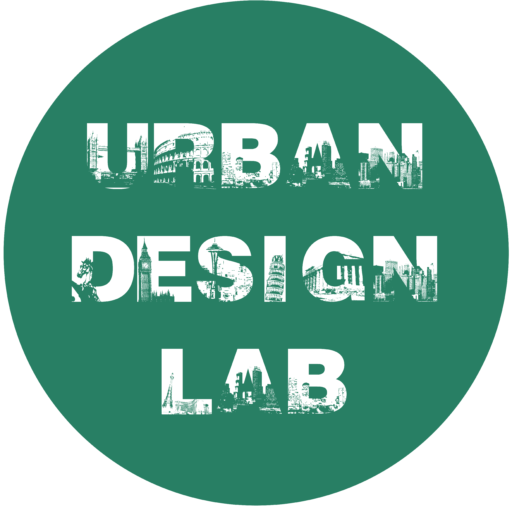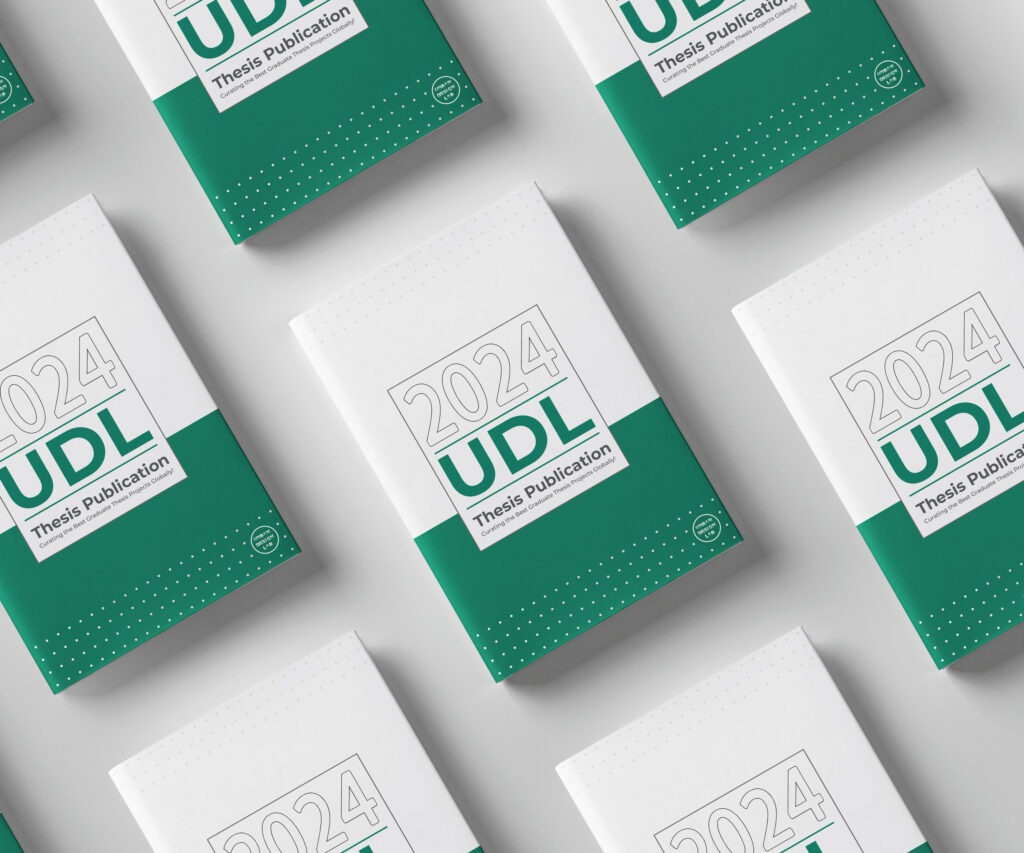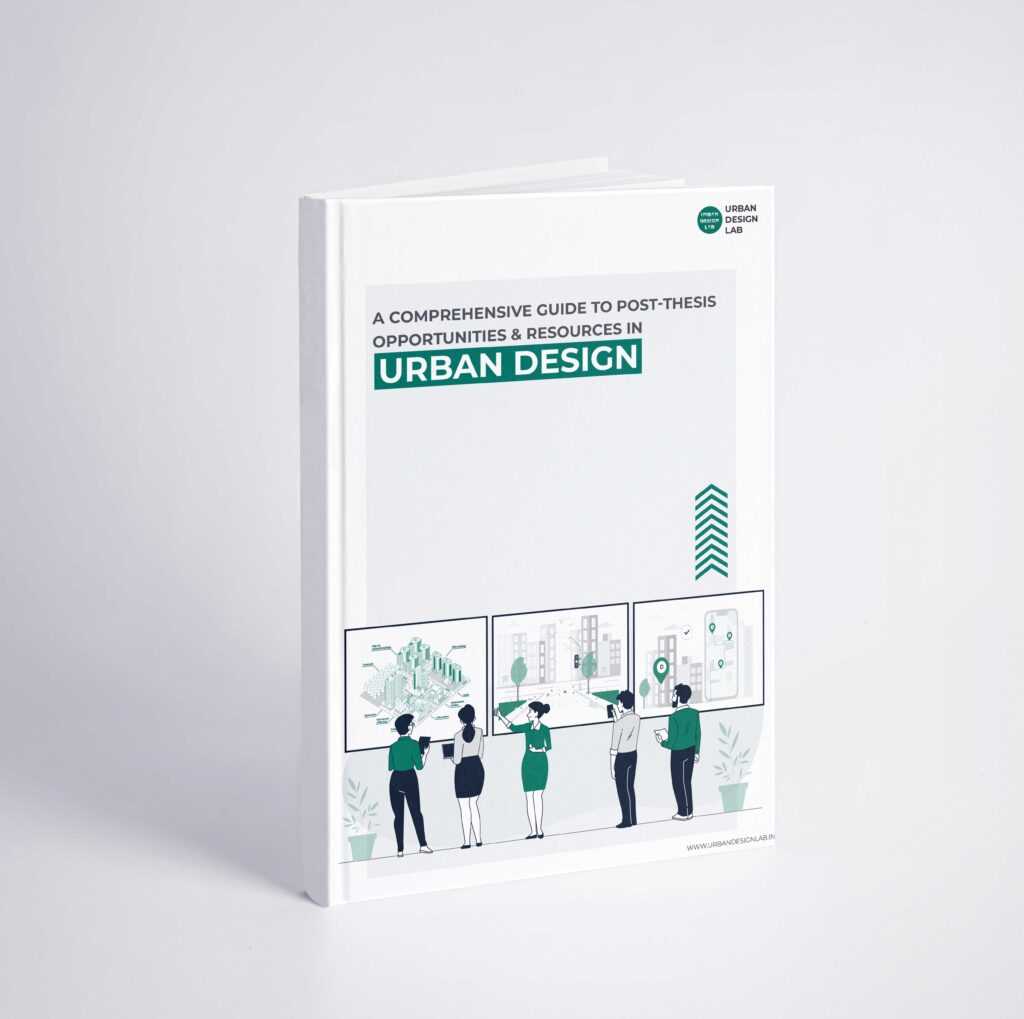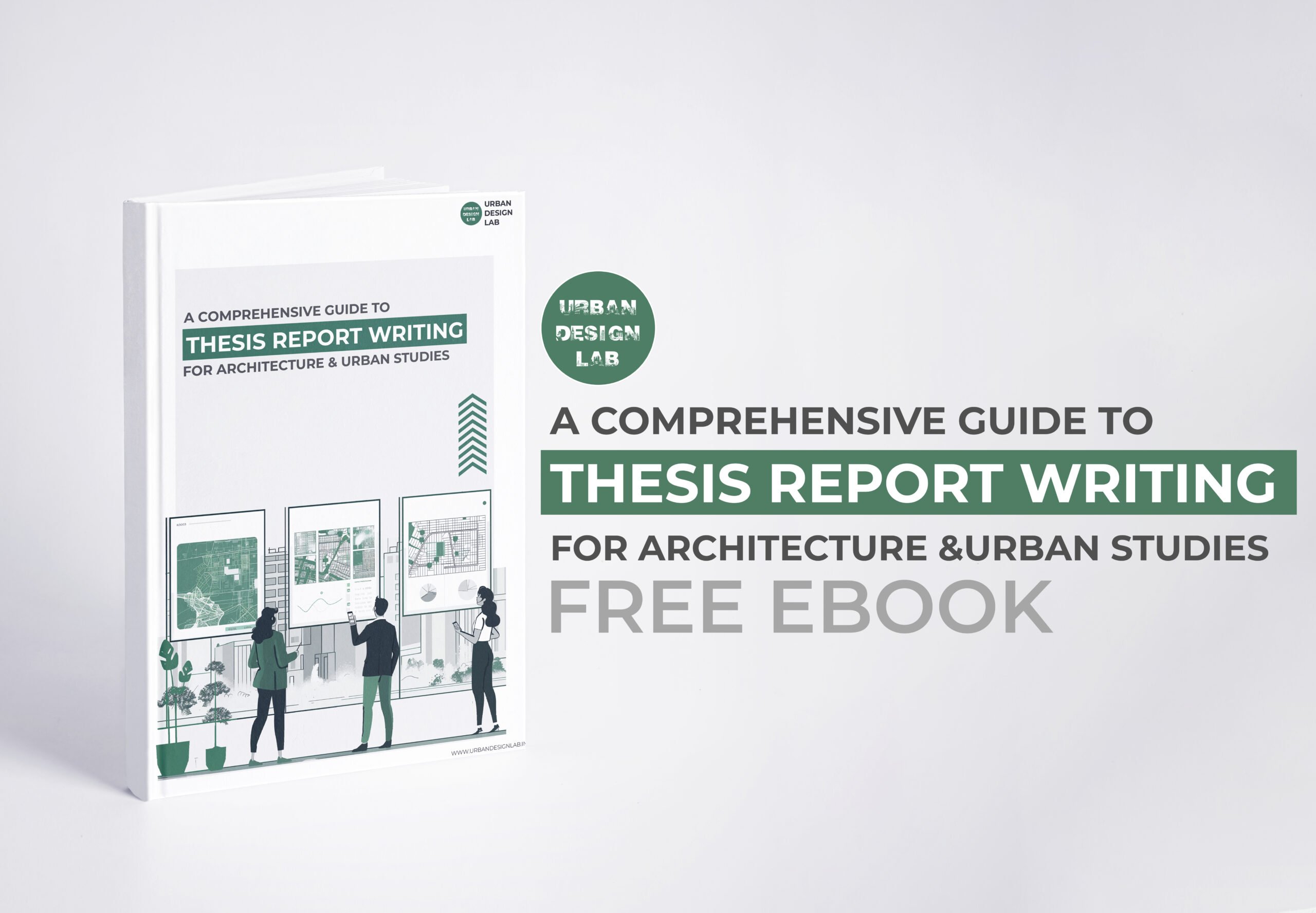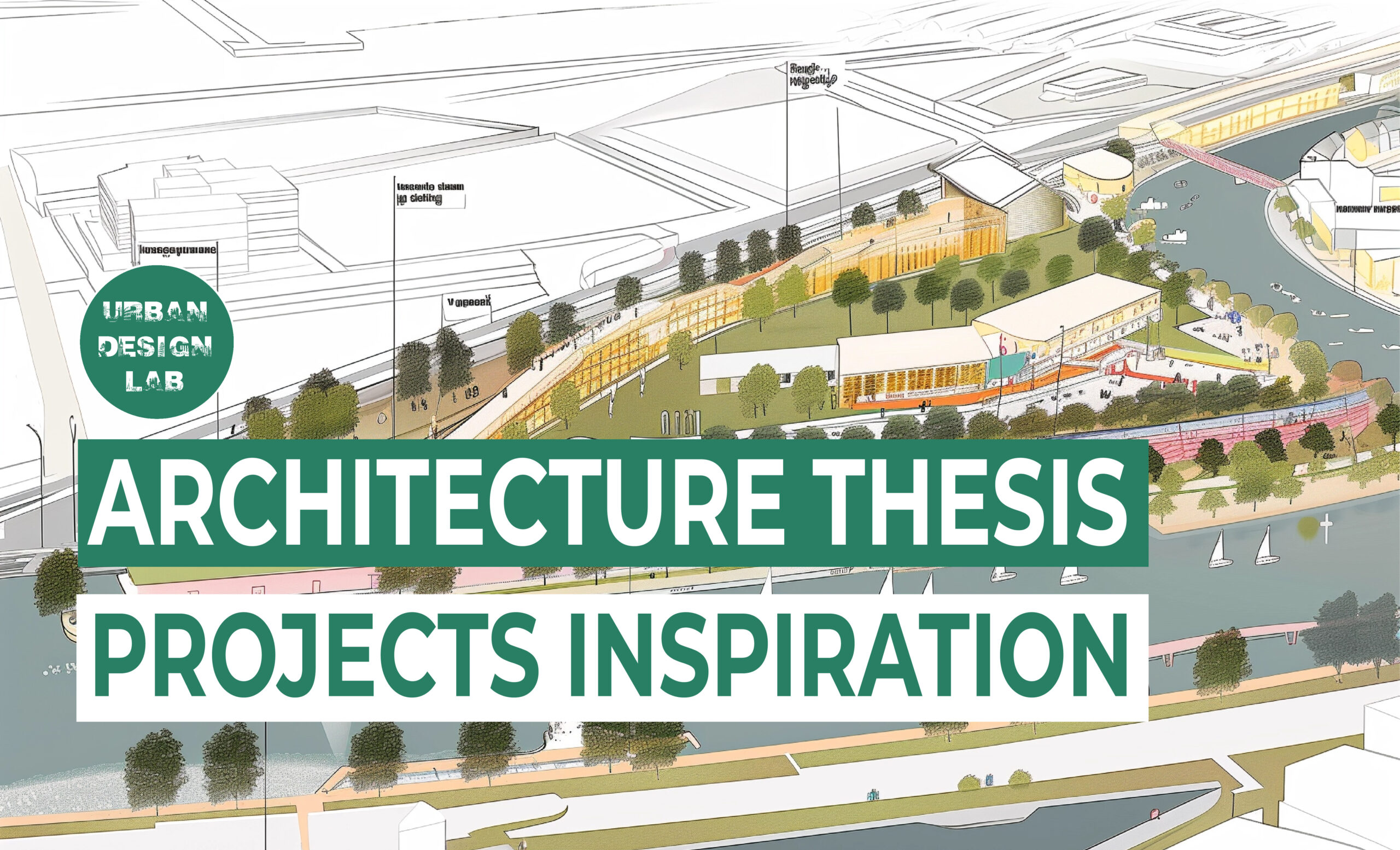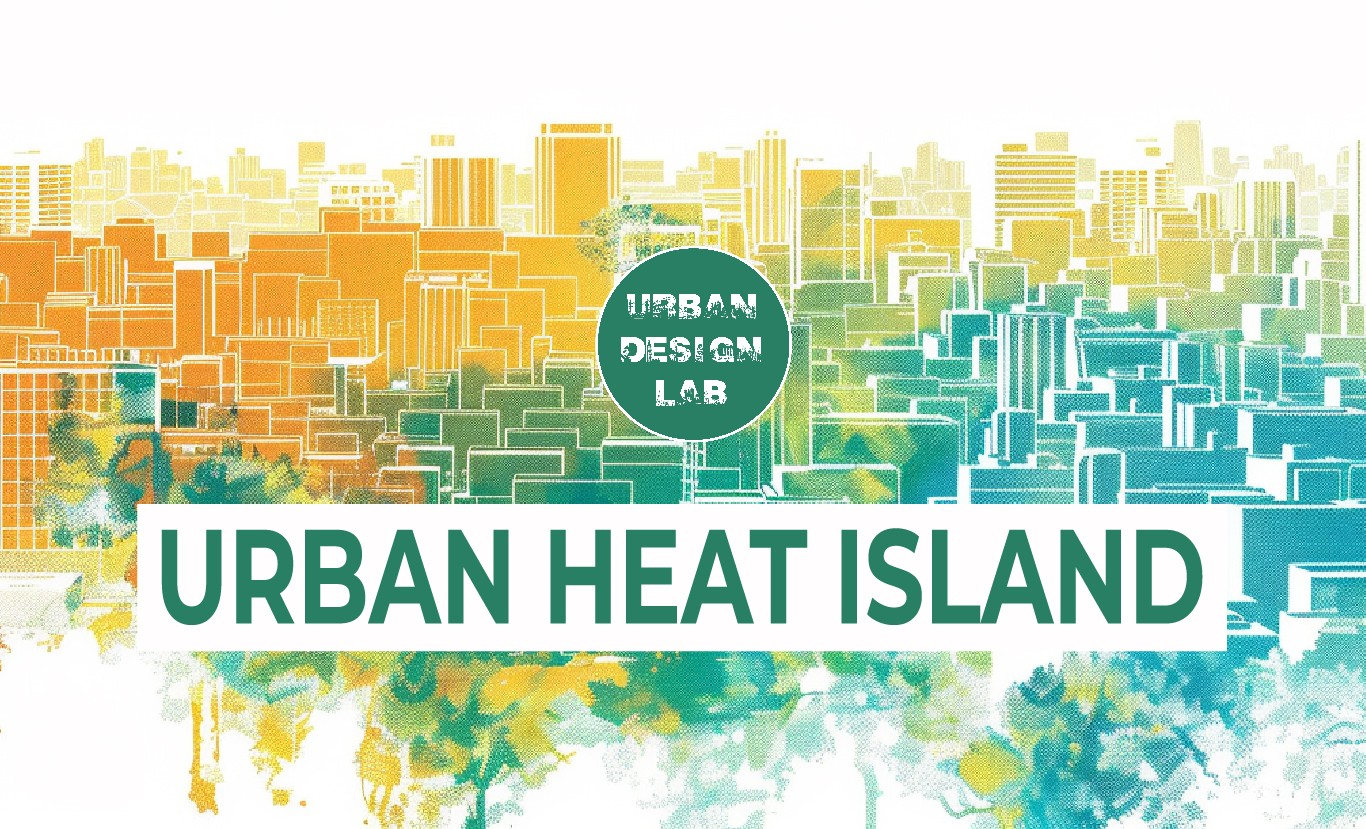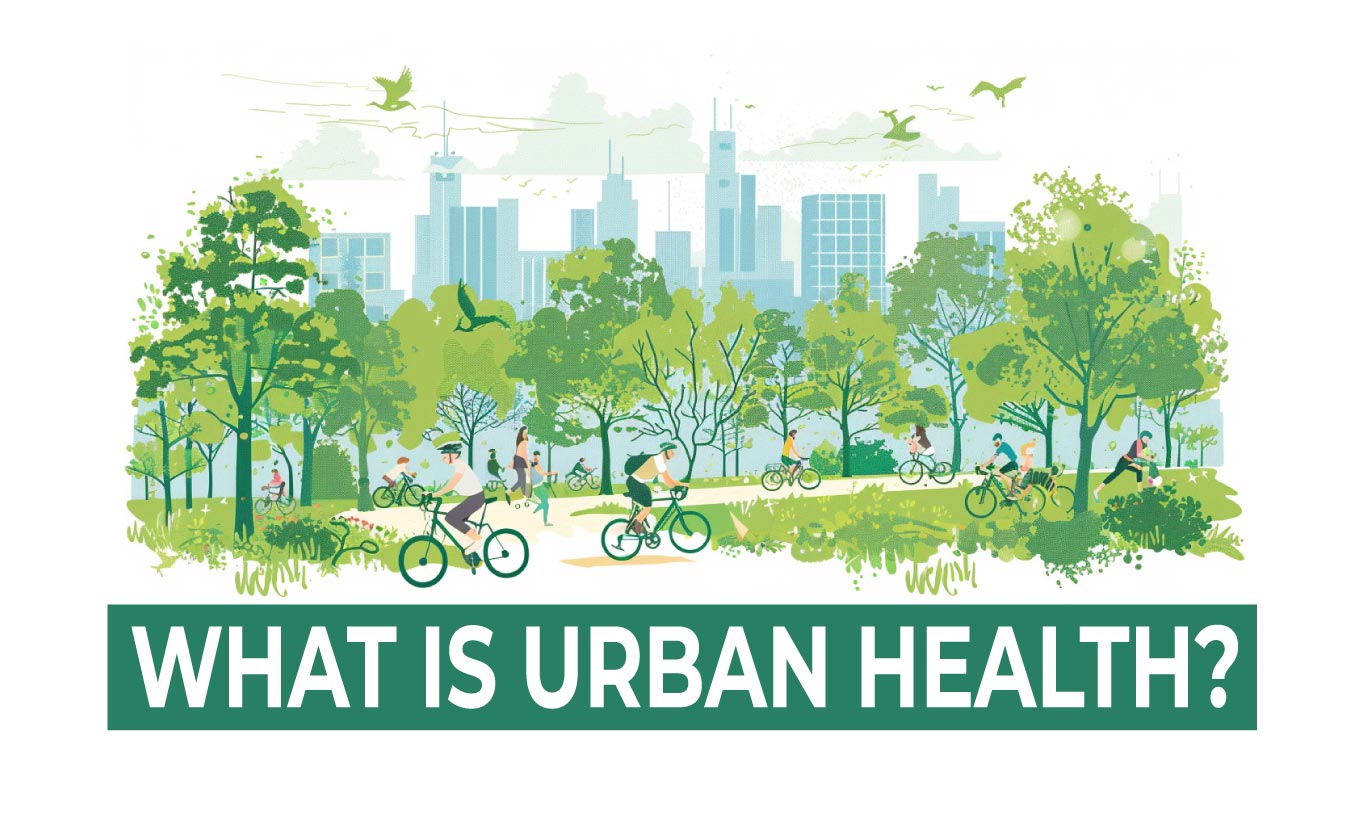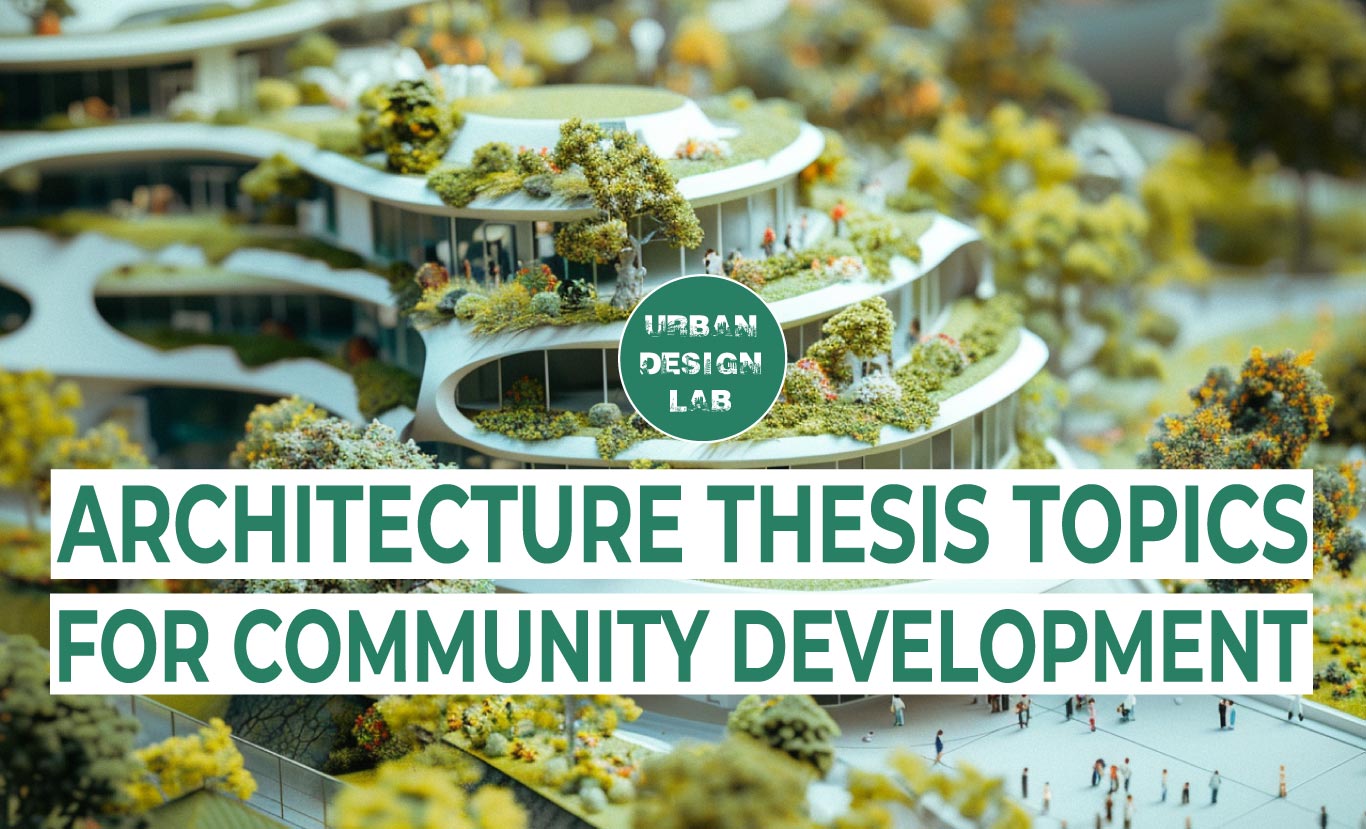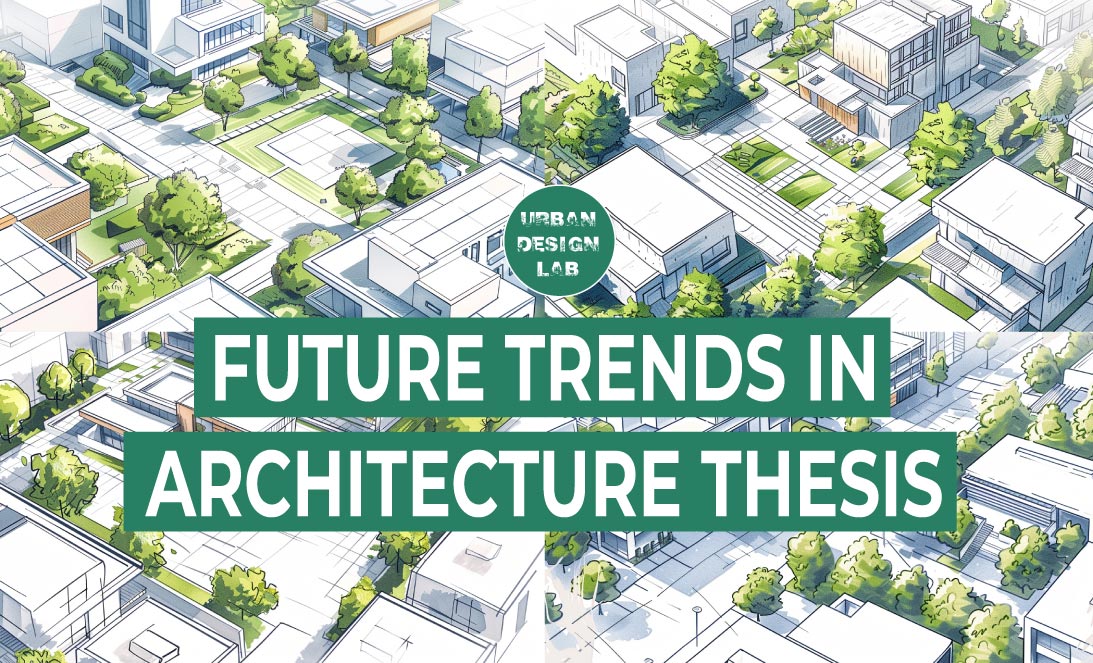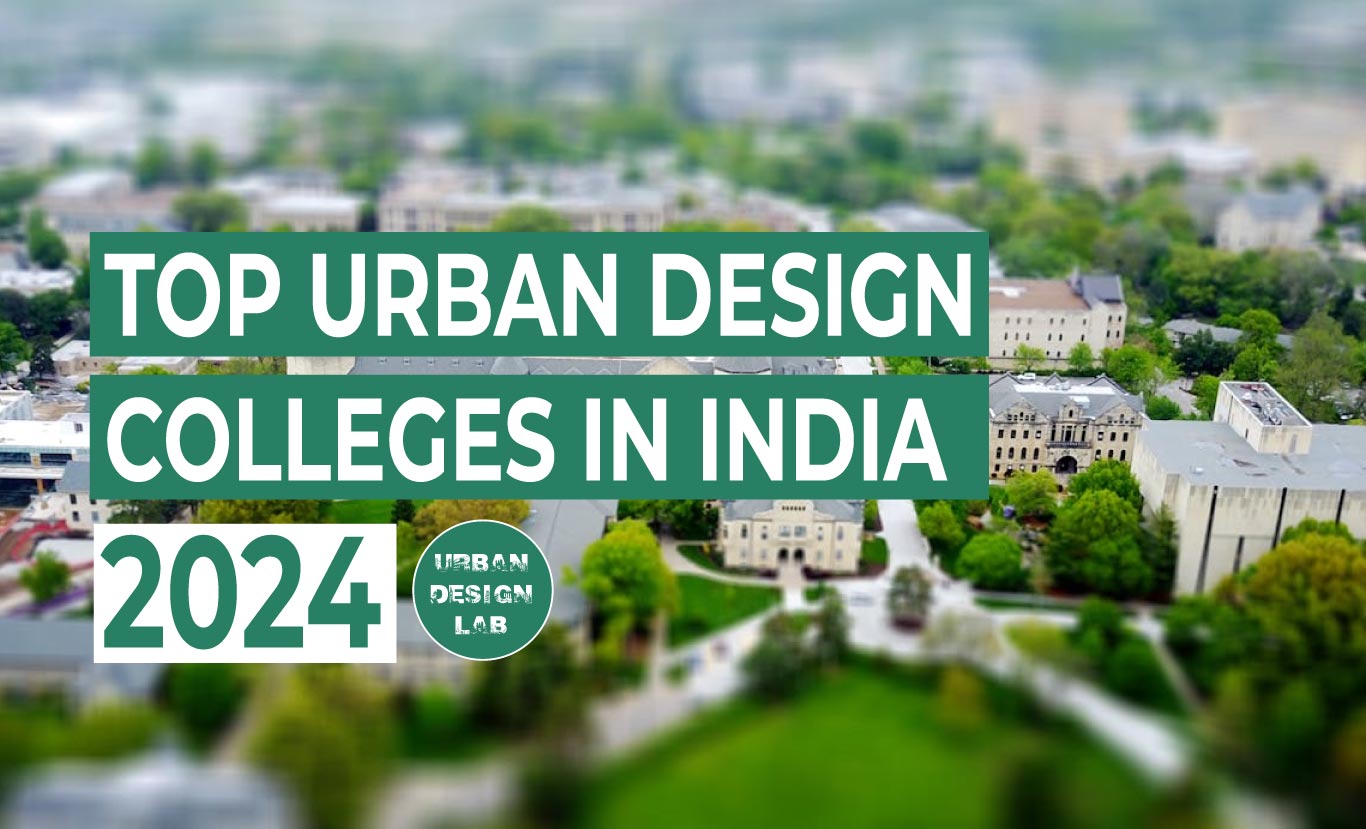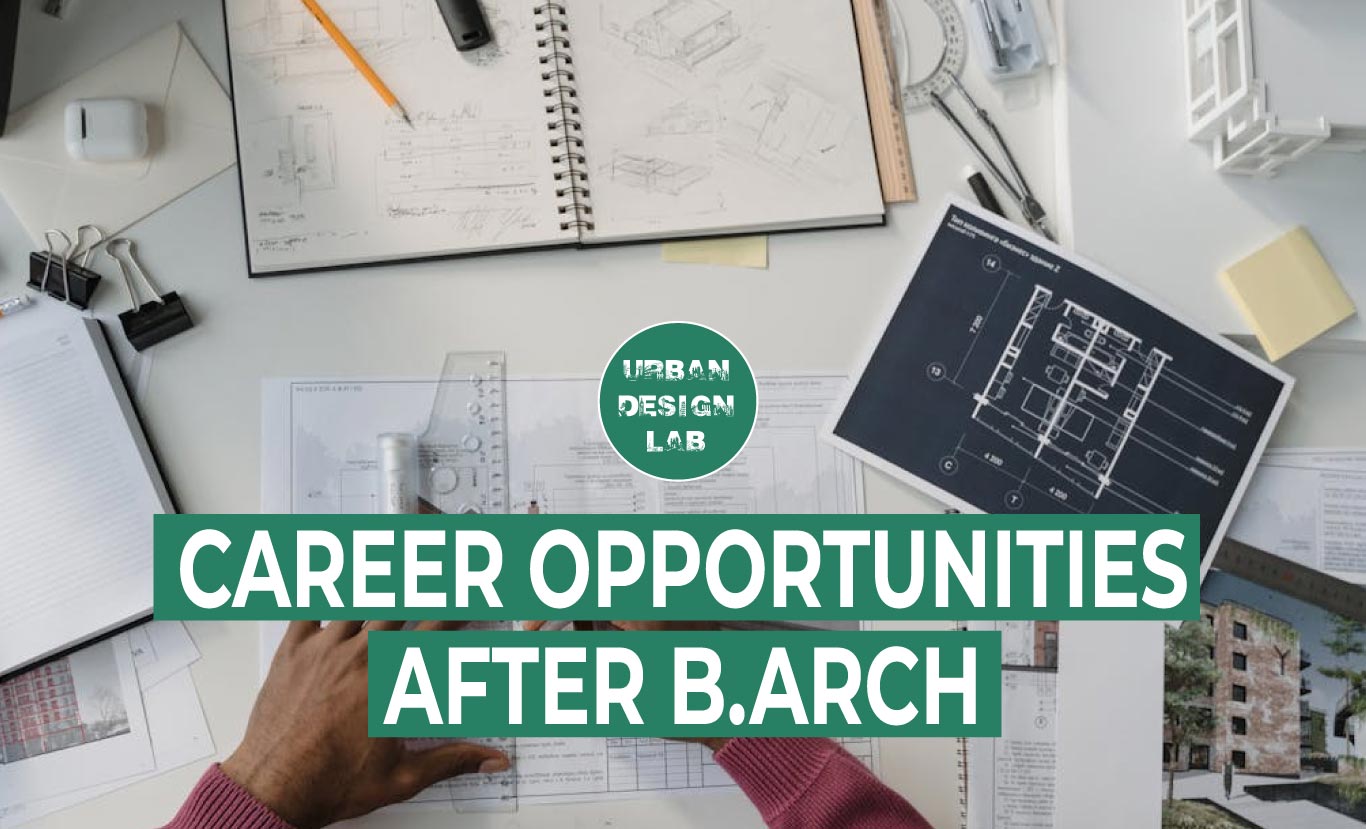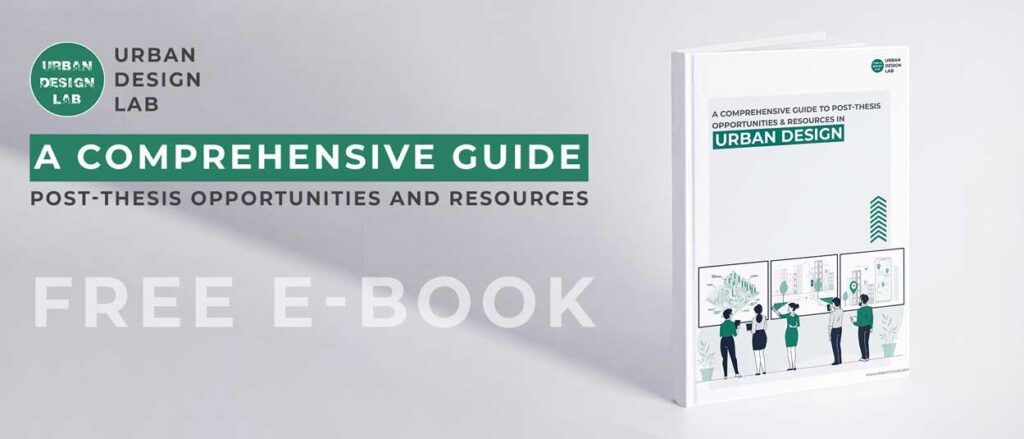
Career Opportunities for Architects, Urban Designers and Planners

One will have a variety of highly sought-after creative, visual, practical, and design-based talents to offer if he/she have studied architecture, urban design and planning. There are many additional choices to think about, even though the majority of graduates will be wanting to work professionally within the field, but if you are looking to learn about various allied occupations and how to improve your employability in them, then you may continue reading.
1. Urban Designer
The design of towns and cities, as well as streets and places, is referred to as urban design. The art of making places is the collaborative and multidisciplinary process of shaping the physical context for life. With a mix of both architecture and planning modules, urban designing would be a good option to consider which also has elements of both planning and designing.
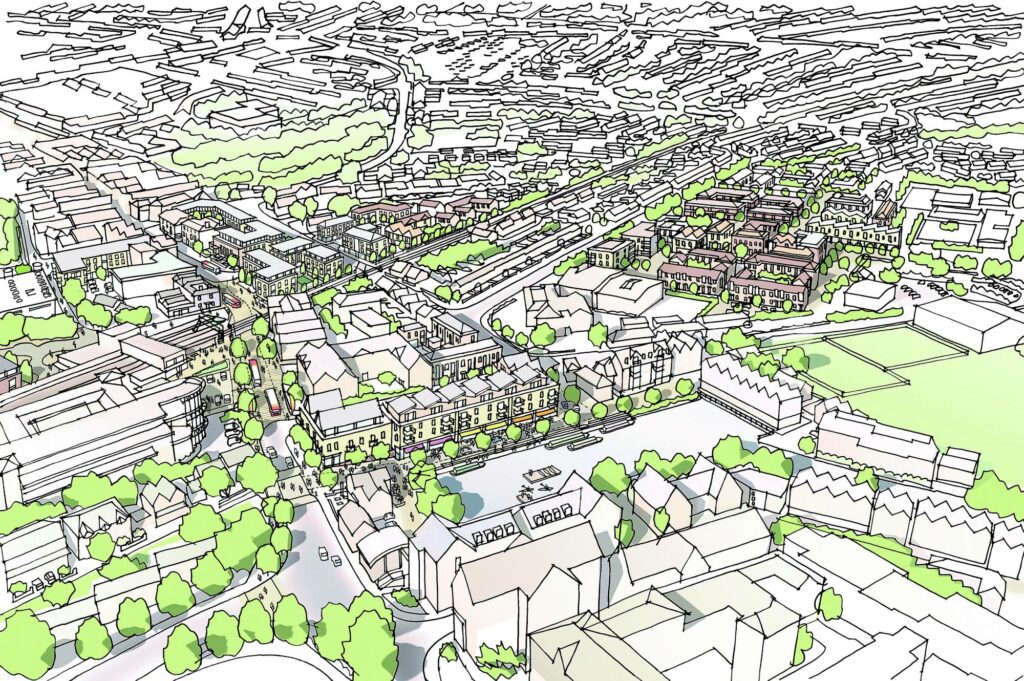
2. Landscape Architects
Landscape architects create visually appealing and effective public parks, gardens, playgrounds, residential neighbourhoods, academic campuses, and public places. Within these environments, they also arrange the placement of buildings, roads, pathways, flowers, shrubs, and trees. If you’re more inclined towards designing than planning, landscape architecture would be a good choice.
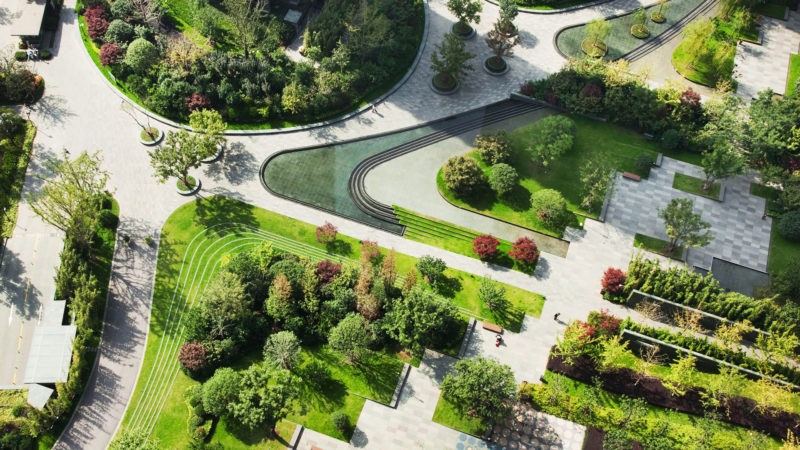
3. Property Developer
A property developer is simply someone who makes a profession by constructing new homes or renovating existing ones to resell for a profit. With the knowledge of lands and areas, property developer would be another option to consider, if you like being more into the real estate sector, this is your choice. A profession in The real estate development sector is massive. In any event, it’s not as simple as buying a square of ground. There’s a whole lot more to it than that. Property developers acquire land, houses, and properties and renovate them in order to increase their resale value. A career in property development has a significant impact on today’s society.

4. Construction Management
Construction management is a professional service that provides successful management of a project’s schedule, cost, quality, safety, scope, and function to the project’s owner(s). Construction management is applicable to all project delivery methods. If taking responsibility and charge is your choice of interest, this opportunity will also include working on the site most of the time, construction management would be your forte.

5. Graphic Designers
Graphic designers use computer software or by hand to create visual designs that inspire, inform, and captivate customers. They create the overall design and layout for applications such as advertisements, brochures, publications, and reports. If this field doesn’t interest you, the skills gained throughout would always aid you to pursue design fields especially with the growing demand for graphic designers.

6. Architectural Technologists
Architectural technologists employ their imagination and technical understanding to transform new designs into long-lasting and sustainable structures. An architectural technologist’s responsibilities will encompass conceptual and technical design, development and detailing, construction technology, contract administration, sustainability, and the creation of inclusive settings. Architectural technology can be used in renovation, alteration, and other construction projects.

7. Restoration Architects
The heritage and history of our civilizations as represented by architecture are not only magnificent vistas into the past, but also critical to comprehending our culture as a profession. Building conservation and restoration are clearly difficult tasks; it is impossible to please everyone. Despite the often quite attractive solutions, the media frequently portrays restoration as a ‘heritage murder’.
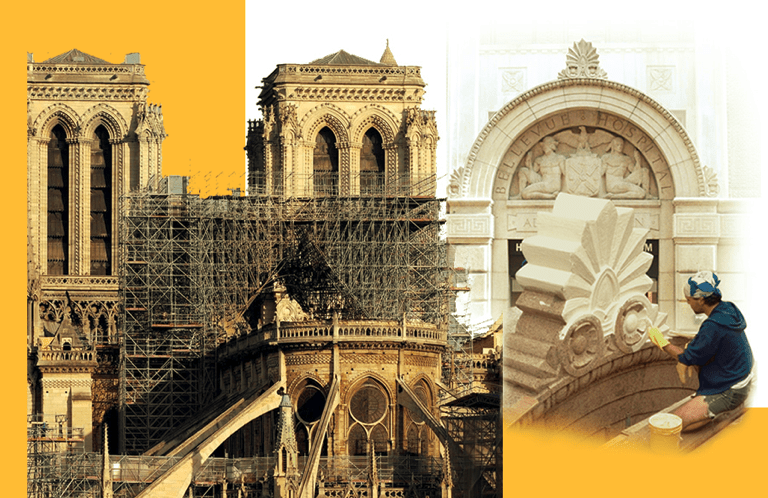
8. Lighting Architect
Light has a huge effect on our emotional and physical wellbeing, as anyone who lives at high latitudes understands. Dive into lighting architecture to improve the quality of our experiences, our health and well-being, and the sustainability of not just the natural world, but also smaller spaces like our workplaces.
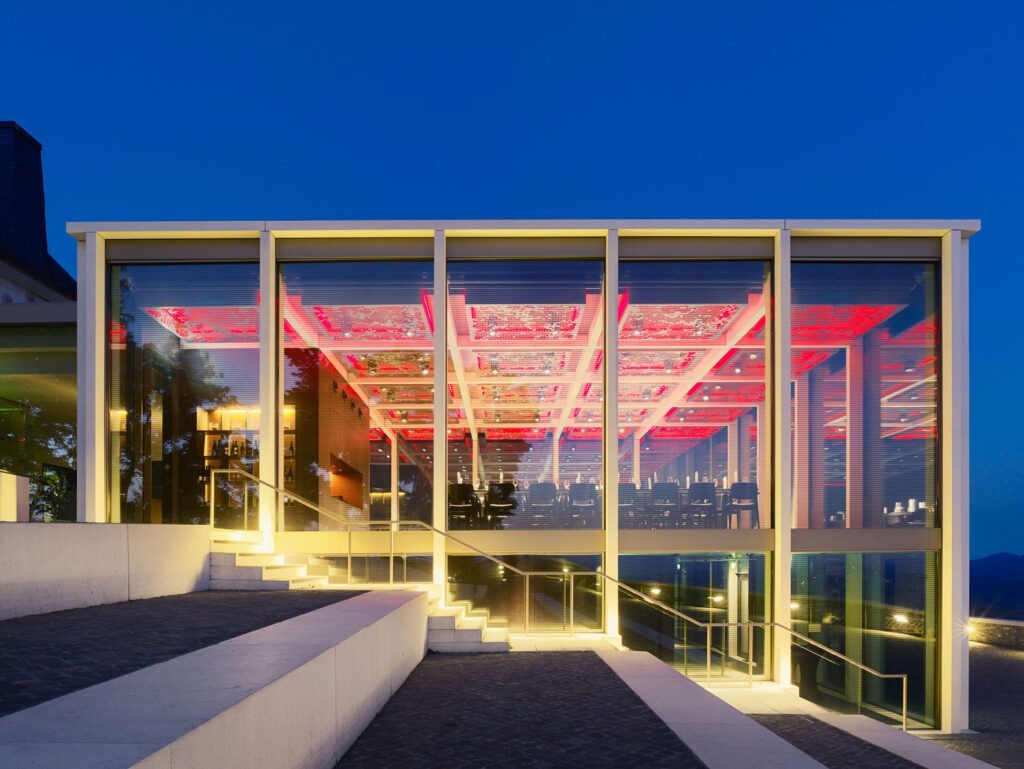
7. Restoration Architects
The heritage and history of our civilizations as represented by architecture are not only magnificent vistas into the past, but also critical to comprehending our culture as a profession. Building conservation and restoration are clearly difficult tasks; it is impossible to please everyone. Despite the often quite attractive solutions, the media frequently portrays restoration as a ‘heritage murder’.

9. Textile Designer
Textile design necessitates sensitivity to colour, tactility, construction, patterns, and forms, all of which are cultivated during any architectural student’s years in school. As the two blend, the relationship between “skin” and structure is more literal than that of a building. In many aspects, high fashion is reminiscent of architecture, embracing the geometric and sculptural constructions of modern buildings.

10. Production Designer
Although a set or a stage are considerably smaller platforms than a virtual planet, constructing theatre and cinema sets allows for the same level of creativity. It relieves the pressures of traditional spatial design and expression, allowing for more evocative, sensual, and story-driven experiences while still utilising all of the knowledge and skills gained from an architecture education: time constraints, conceptual environments, and collaborative creativity.
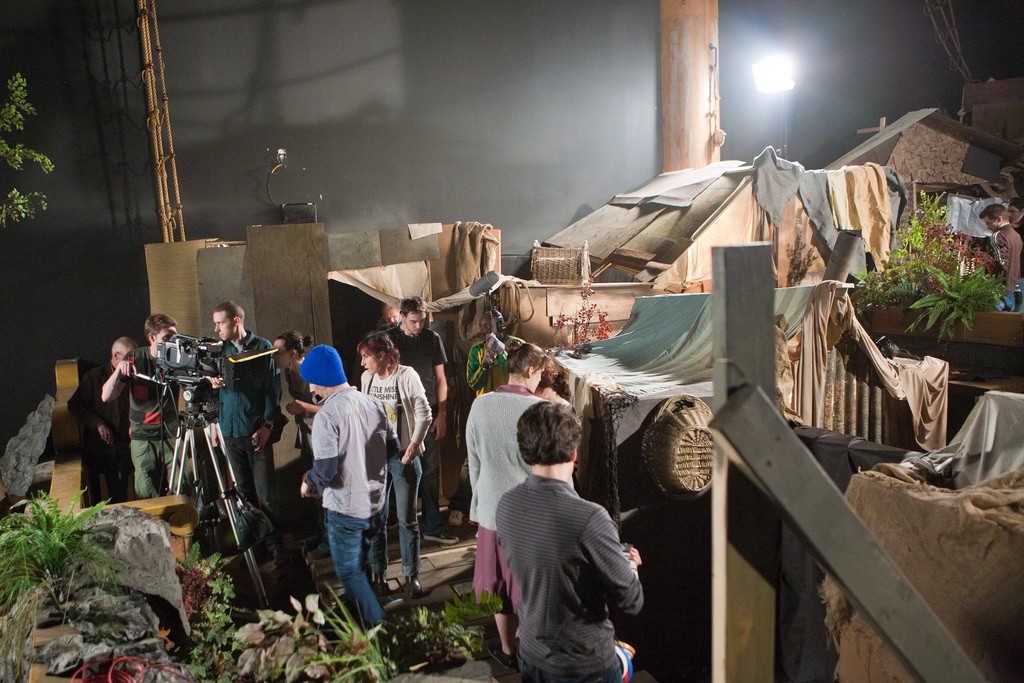
11. Architecture Journalism
Using an architectural education to become a writer or journalist can be a terrific method to put it to use; we learn to articulate ourselves using (mainly) descriptive language and rhetoric in order to communicate our complex projects to teachers and critics. Making that into writing, whether fictional or nonfiction, is another means of creating a different world and experience for others. Despite the fact that the print is two-dimensional, the stories are not.
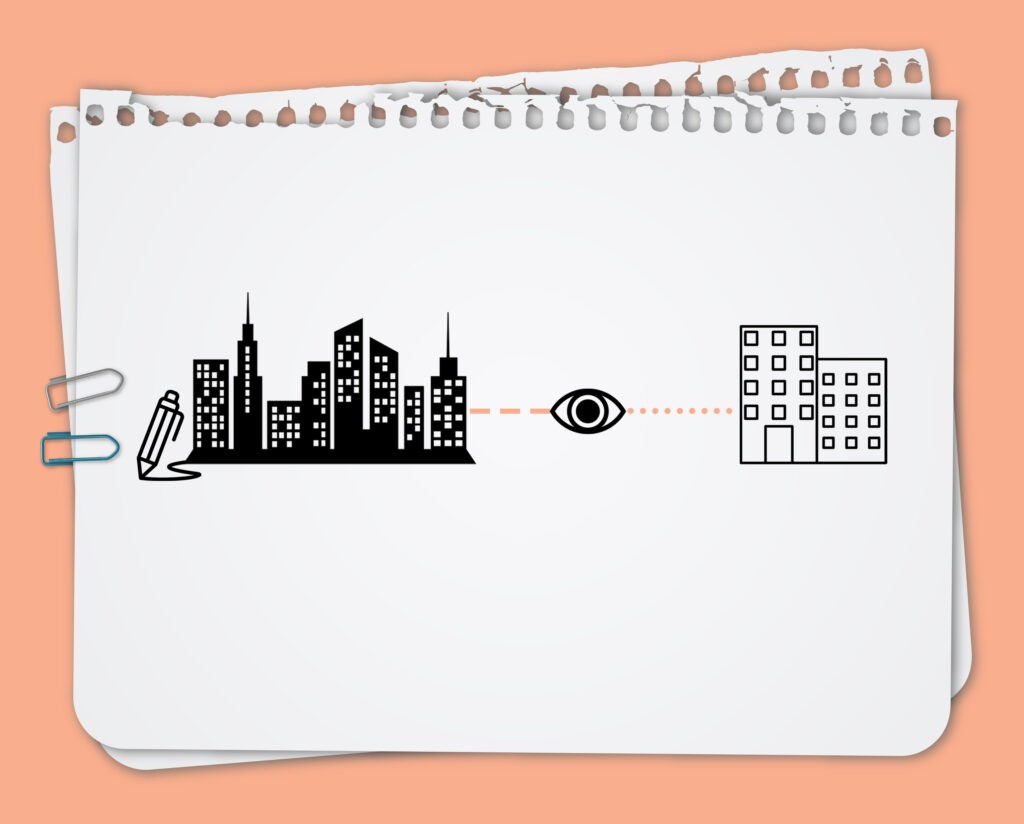
12. Entrepreneur
Problem solving, creative thinking, and the art of persuasion are three qualities that architects and entrepreneurs share and that you can leverage. Your familiarity with complex concepts and human connection can help you compete with a different way of thinking.
The preceding list is, of course, incomplete, as the jobs described here can be combined in a variety of ways, and other, unmentioned vocations can be added to the mix to create almost endless possibilities. Kurt Hahn, a German educator, stated, “There is more to us than we realise. If we can be forced to perceive it, perhaps we will be unwilling to settle for less for the rest of our lives.”


Skill Development
1. Understanding the design process
Whether you’re designing a watch or a playground, the process is the same: understanding (and possibly researching) others’ needs; responding to them with initial sketches and models; trying out and improving your initial ideas; narrowing them down to a final solution; realising that solution; and finally, evaluating the end product so it can be even better the next time.
This technique is so beneficial that it is now taught to a wide range of people, from government servants (who make policy) to teachers (who design lessons). It is the most reliable way we have for producing high-quality goods.
2. Drafting abilities
Drafting is another word for drawing. Architects cannot function without this competence, even if innate creative aptitude is not required. You’ll need to be able to communicate your ideas through hand-drawn sketches and then refine those concepts using computer applications.
Architects draw everything from conceptual sketches to technical plans and elevations. If you have exceptional skills in this area, you can consider becoming a draftsperson (which does not require licensure) rather than an architect (which does).
3. Knowledge of computer software
In the technology driven world, you can’t work as an architect these days unless you’re really computer proficient. Although this could be said for most jobs, architects must use advanced software that most people will never see: multi-purpose CAD software such as SketchUp and Rhino3D, as well as building information modelling (BIM) software such as AutoCAD and Revit, which are programmes specifically designed for the architecture industry. You’ll also need to be familiar with software such as Microsoft Office and Photoshop.
4. Business abilities
Conducting market research, evaluating data, and drafting business plans are examples of business skills for architects. If you work for a large firm, you may only need these talents on occasion, but more and more architects are going it alone. Fortunately, architecture is a sector in which working for oneself is quite simple – but to be successful, you’ll need entrepreneurial abilities in addition to professional ones.
5. Abstraction and critical thinking
Critical thinking entails extensively and critically considering a subject and asking yourself several- questions (e.g., what? why?). Critical thinkers rarely accept the current quo unless there are numerous compelling reasons to do so. Fortunately, any degree will teach you this talent, but you may give yourself an extra advantage by reading widely and gaining as many life experiences as possible.
Architects require the associated ability of abstraction because, in the early stages of a building project, they must operate in the domain of ideas rather than physical reality; they must hold several alternatives in their minds while asking, ‘What if…?’
6. Interpersonal abilities
Given that architects spend the most of their time staring at a computer screen, why are interpersonal skills so important? First and foremost, businesses want to hire employees who are pleasant to work with. Would you rather work with someone who is constantly whining or someone who offers to assist you when things become tough?
Second, you’ll interact with more outsiders than you expect, such as clients in meetings and industry professionals on site. Building projects rarely go well, but when the individuals involved have a solid working relationship, problems don’t seem so bad.
7. Communication abilities
It goes without saying that you must be able to visually communicate your ideas, whether through a pencil sketch, a rapid cardboard model, or a thorough electronic drawing. However, architects must also have strong written and verbal communication skills, as you may be expected to sell ideas to clients, deliver presentations, or prepare reports and other papers.
You don’t need to be a great public speaker or a master wordsmith, but you do need to get your thoughts out of your head and into the world in a way that most people can grasp
8. Creativity
Although you may never have the opportunity to build something as grand as Beijing’s CCTV Headquarters or London’s ‘Walkie Talkie,’ everyday innovation is still necessary for architects. In the profession, creativity is generally about fixing problems or creating changes in unexpected ways; despite the cliché, you must think beyond the box. It is always said “Steal like an artist”, its most likely that an idea or thought has already been thought or or implemented on design but your part comes in while personalising or customising it according to your style and re-purposing it.
This is arguably the skill that distinguishes architects (who are concerned with the function and appearance of a structure) from engineers (who are chiefly concerned with function).
9. Adaptability
Things may and do go wrong on a construction job – or, if not exactly wrong, certainly quite differently than you imagined! It is critical how you respond to shifting conditions. Insisting that things be done a certain way (even if you’re certain your way is the best) is usually unhelpful. Sometimes there isn’t enough time or money to develop the ideal structure, or there may be personnel changes that knock a project off balance, but unless you can repair the situation, the best answer is typically to make the best of whatever happens.
10. Initiative
People who wait for instructions can be good employees, but those who act on their own initiative are often terrific ones – as long as they don’t cross any lines or stomp on anyone’s toes! Many of us naturally develop initiative as we get older, such as buying household supplies before they run out (though plenty of people in their forties still stand confused over the basin on a monthly basis, empty toothpaste tube in hand).
In a nutshell, taking initiative is filling a gap when you see one rather than simply waiting to be told what to do.
Suksheetha Adulla is currently studying Architecture and Urban planning at Newcastle University, United Kingdom. She aspires to become an architectural designer with an intent to fuse her passion towards designing with affection towards environment and build a society in order to inspire, motivate and equip people on a greening journey with sophisticated civilization. She is a caffeine addict who loves playing basketball, reading books, and baking goodies.
Related articles

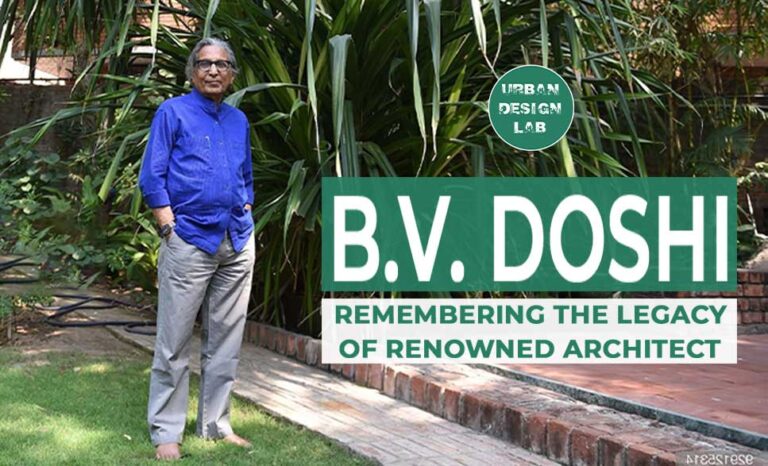
Remembering the Legacy of Renowned Architect BV Doshi

Spatial expansion of cities
Leave a Reply
UDL Photoshop
Masterclass
Decipher the secrets of
Urban Mapping and 3D Visualisation
Session Dates
4th-5th May, 2024
Recent Posts
- Article Posted:
- Article Posted:
- Article Posted:
- Article Posted:
- Article Posted:
- Article Posted:
- Article Posted:
- Article Posted:
- Article Posted:
- Article Posted:
- Article Posted:
- Article Posted:
Sign up for our Newsletter
“Let’s explore the new avenues of Urban environment together “

